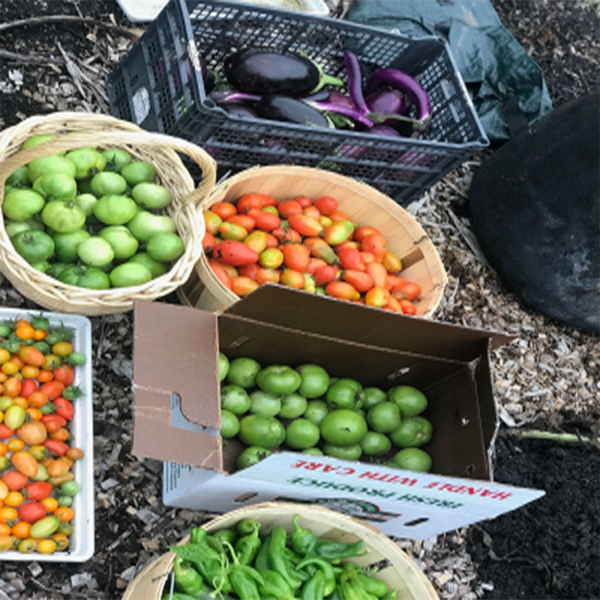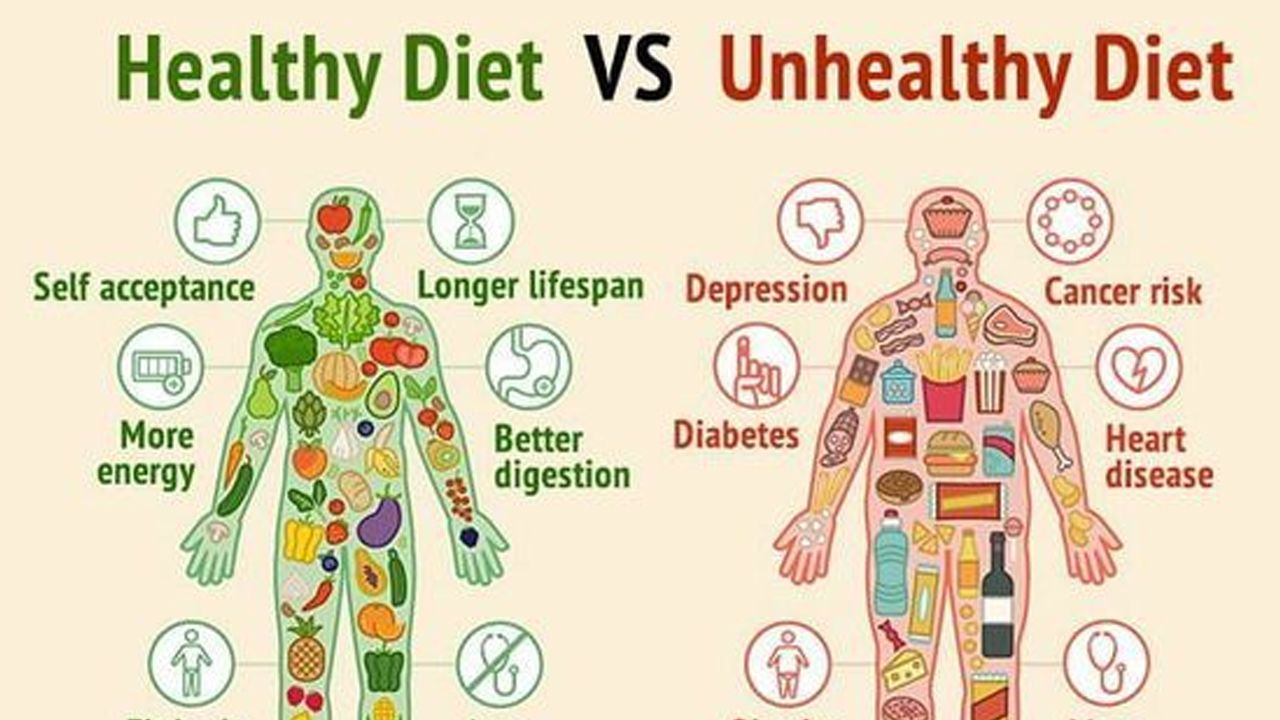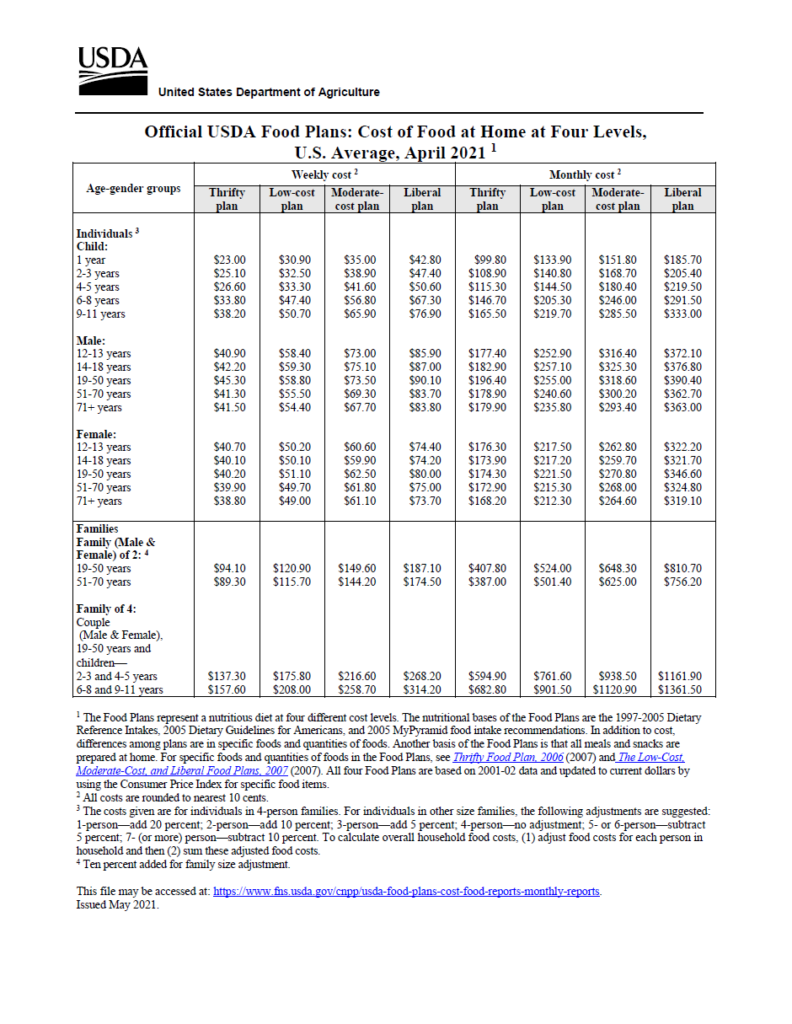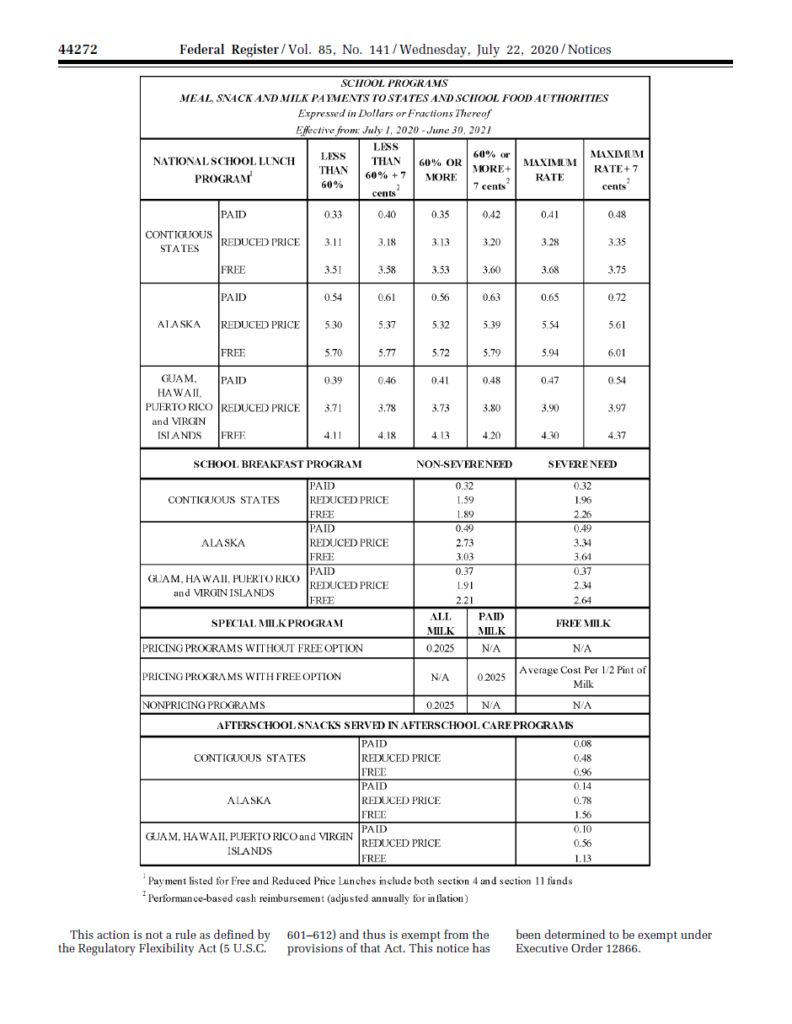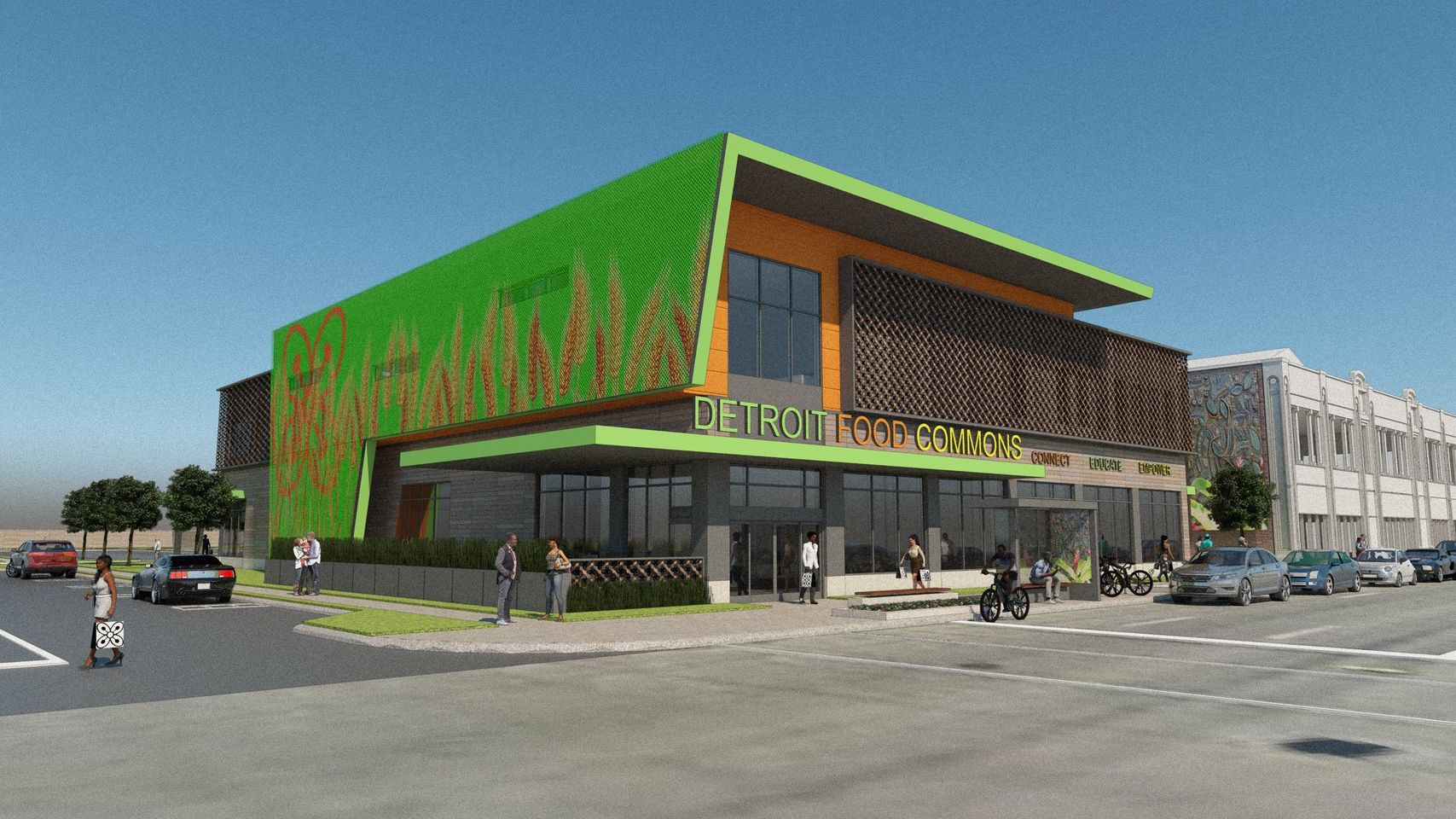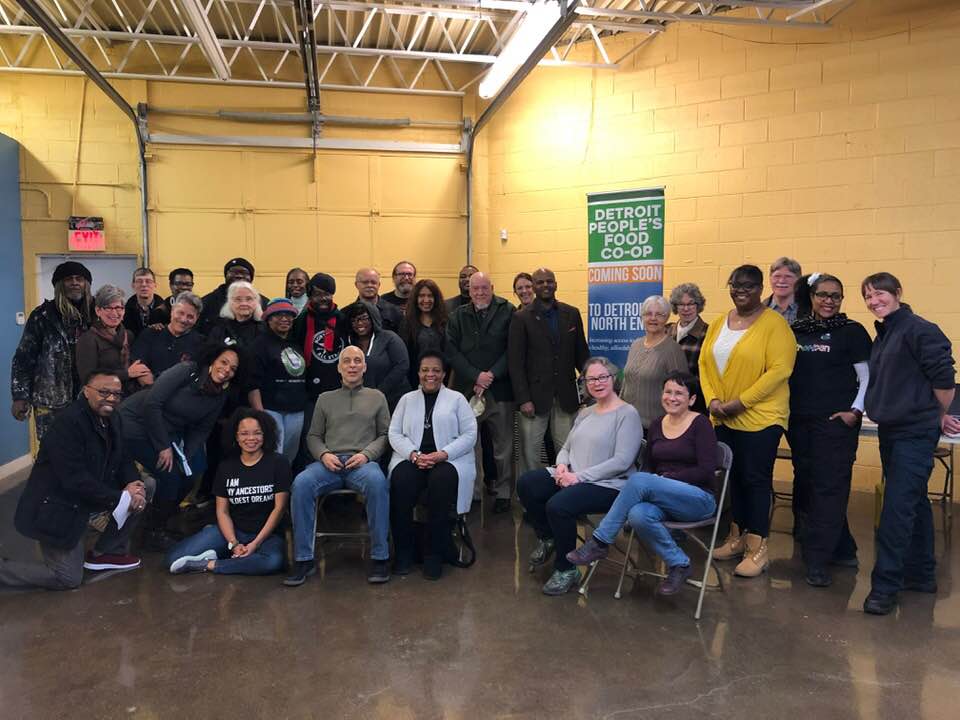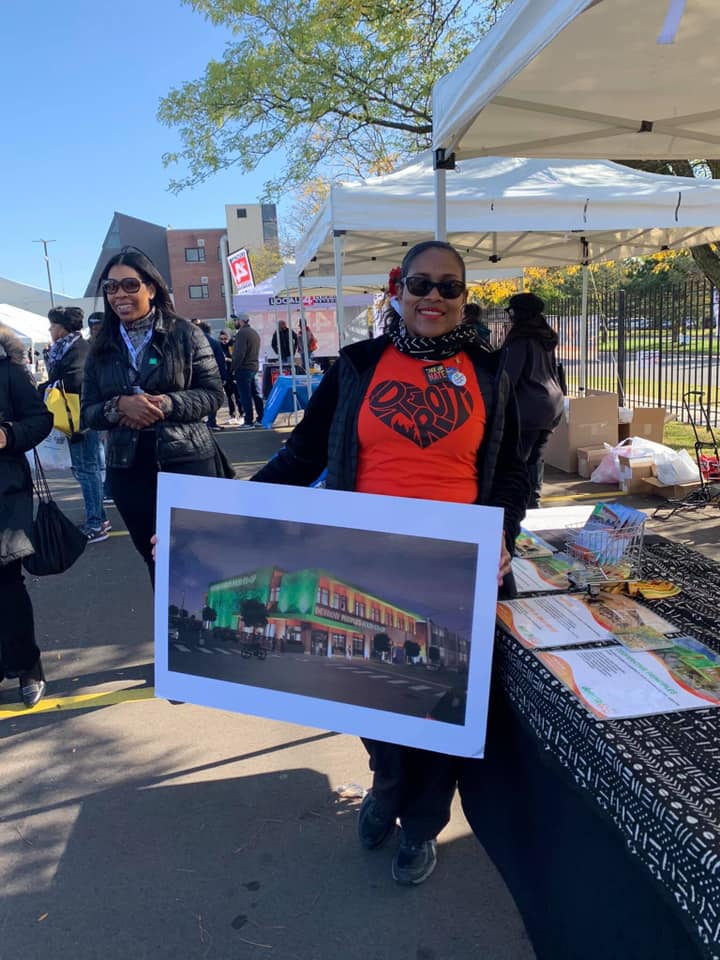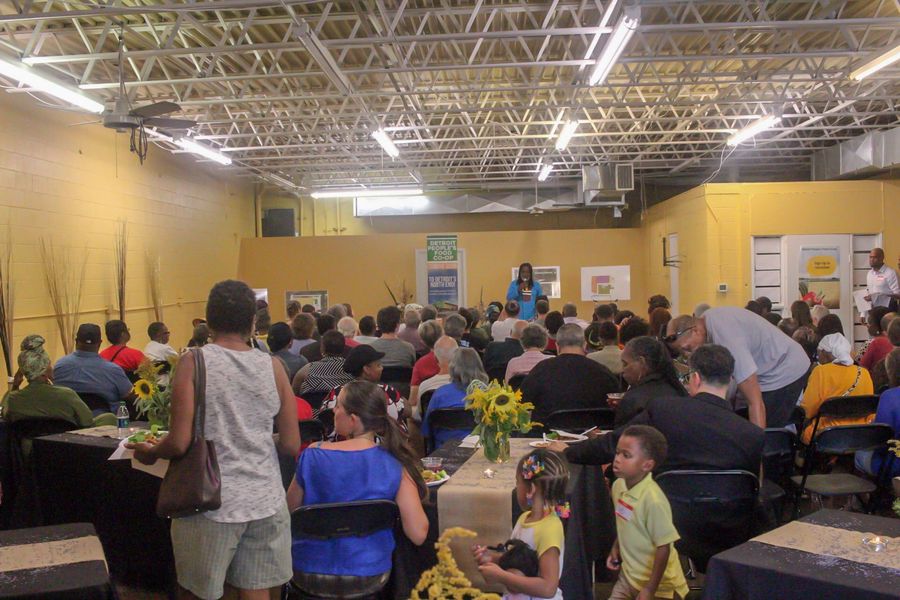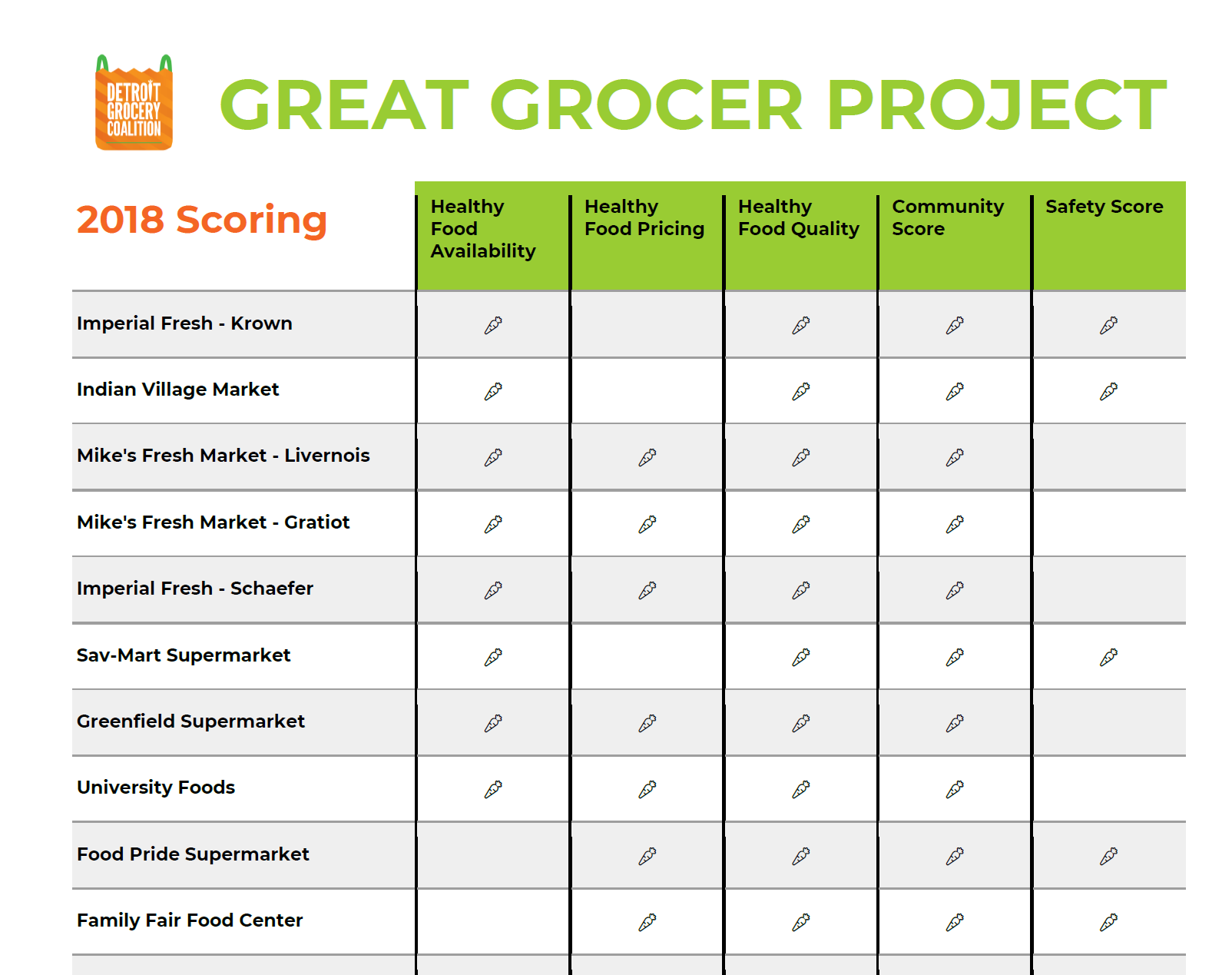By Contributing Member, Lindsay Pielack
In a dinner time battle with my 7-year-old child recently, I got frustrated and said “you know, research-based evidence says children should try vegetables three times and in three different ways!” She cried, I felt like a failure at my job and a bad parent, and I’m pretty sure whatever food I was trying to push got left on the plate. The next day, she planted herself in a large hole in her garden outside after a long and joyful search for cherry tomatoes and I was reminded of my own advice that raising a healthy child that will grow into a healthy adult is a journey and that the garden is my ally.
At Keep Growing Detroit (KGD) in my role supporting garden development, I have had the privilege to work in partnership with thousands of Detroit families and caregivers as they too navigate how to prepare their children for a healthy future. Each year, thousands of families and groups, including block clubs, churches, early childhood centers and organizations of all kinds, join the Garden Resource Program (GRP) picking up seeds and transplants to grow vegetable gardens. In 2021, 22% of the 1,966 gardens that participated in the GRP were growing with children birth to 5 and I am inspired by all the ways I have seen residents using gardens as a tool to engage their children from a very young age. They are providing opportunities for their young children to build familiarity with fruits and vegetables, learn about food and culture, and support them to grow healthy connections to food and culture (again, that they may choose to eat someday!). For many children, their garden, whether at home, down the street, or at their daycare center, will also be a place where they first begin to explore the wonders of nature. And finally, for all of us, the garden is the place where at any age, we can grow and learn new skills, from observation and science to math, reading and tools for resiliency! That said, gardening doesn’t come naturally for everyone and there are certainly numerous challenges or barriers that caregivers may face, including limited time, lack of access to greenspace or the most common thing I hear, “I don’t have a green thumb…I kill everything!”. So, that’s where KGD comes in! As more caregivers’ express interest in learning to garden and connecting their children to where food comes from, KGD is here to ensure they have the resources and encouragement they need to successfully grow and utilize gardens as the amazing tool that we believe them to be!
To this end, approximately 7 years ago, KGD set out with intentionality to meet Detroit’s early childcare providers, families with young children and organizations serving young children where they were at. We did this by pairing the resources offered through the Garden Resource Program with training, resources and support specific to their needs. In particular, we focused on the early childcare setting, where so many children spend time in their critical young years. Since then, a growing network of early childhood providers, including many Head Start and Early Head Start centers, have been participating in the GRP and have become champions of incorporating garden-based learning for the benefit of the young children and families they serve. At these centers, outdoor learning environments are blooming with flowers and vegetables, full of books that tell funny stories about vegetables (check out “Monsters Don’t Eat Broccoli!”), and alive with hilarious commentary at snack times as children debate the winner of raw vs. cooked beans in a taste test. As one provider shared recently with us, her 5+ year journey went from “While we were excited to have a gardening program, myself and my staff had no idea about gardening,” to
“Because we were so excited about the garden and the children began to spend so much time out there, we decided to expand…We wanted to bring the indoors outside. We began to look at the space in a different light. How can we do lessons outside? How can we do snack outside? How can we do circle time outside? How can we incorporate our garden into each one of these activities that we normally do in the building?”
Hoping to guide and support more caregivers along this journey, KGD has compiled our best practices into the KGD’s Garden Based Learning Guide, a self-paced guide which contains over 100 tips and tools for how to establish and maintain gardens, activate outdoor learning environments to engage young children, and introduce fruits and vegetables through snacks, meals and play. The Guide also introduces and encourages connections to the incredible network of community resources and organizations working to improve Detroit’s food system, supporting increased access to local healthy food and opportunities to maximize food dollar benefits at local outlets. Whether you are just exploring the idea of starting a garden or looking for fun activities to do with your child, the self-paced Guide is a great place to get inspiration and useful tips for beginning to grow lifelong healthy habits!
So, the next time your child rejects the beans, maybe you say “ok, let’s try them again another day” and then choose your own adventure for how you might introduce them differently the next time. In between, find some coloring pages of vegetables, visit a famers’ market or garden or invite your child to help snap the ends off of the beans while you cook. I know I’m constantly challenged to practice what I preach as I find my way with my own child, but I’m grateful to the abundant inspiration and resources that Detroit’s network of parents, caregivers and organizations offer. I look forward to continuing to connect more parents and caregivers to this incredible network as we work together to grow a healthy future for all of Detroit’s children!




